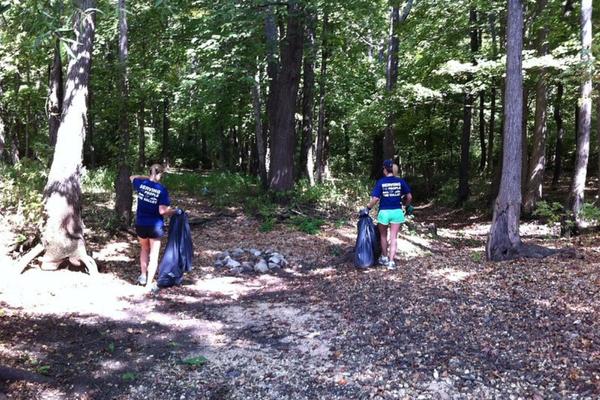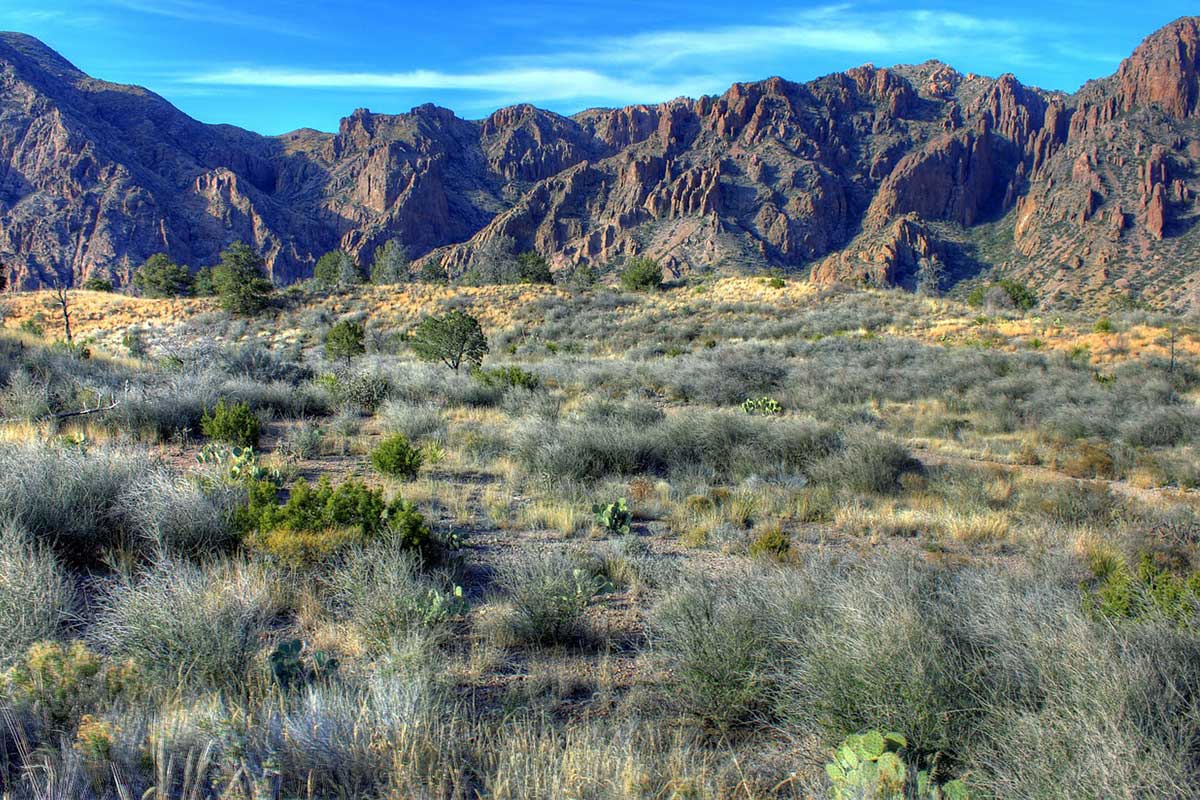There are currently 63 national parks in the United States and they typically all follow a universal set of laws in order to preserve their natural beauty. It’s tempting to take a souvenir or memento from the park as a keepsake, but is it illegal to take things from national parks? That’s the question we’ll be answering in this article.
Is it Illegal to Take Things from National Parks?
It’s important to know that taking most natural items out of any national park is illegal. This includes any rocks, flowers or plants, cultural objects, and anything else you may encounter while hiking or driving through the landscape. If you’re not sure why this is illegal or the extent of the law, this article will answer all of your questions about national park etiquette.
Is it Illegal to Take Rocks from National Parks?

Under the US National Park Service code, taking any natural object out of a national park is illegal. This includes rocks and fossils found within the park’s boundaries. It’s important to understand where the national park borders are because taking stones from public property is legal.
The reason it’s illegal in national parks is that this land has been sectioned off for conservation purposes. The resources found in the park are intended for preservation either to increase biodiversity, maintain a historical site, or for more specific purposes like archaeological digs. Therefore, it is acceptable to take rocks without any penalty when visiting a public park.
Although it may seem that taking one or two rocks will have no significant impact, these small actions begin to add up. For example, if every visitor takes a pebble from the shore around a lake, scientists may find that erosion is becoming more problematic. This can permanently change the landscape because of the compounded effect of each individual’s action.
The removal of objects like rocks also impacts the animals living in the region. Rocks serve as a safe haven for small critters like snakes, ants, and other insects. With every stone picked up, there is less shelter for those animals.
Over time this could cause a decrease in populations that are vital for maintaining soil and plant health. The impact of these actions could lead to the collapse of an ecosystem, which completely undermines the purpose of protecting the land.
Because the impacts can be so significant, there are punishments for those caught taking items out of national parks.
What is the Punishment for Taking Something from a National Park?
The punishment for removing something from a national park can differ slightly depending on the park’s location and the severity of the misdemeanor. At the top end, individuals can receive between three to six months in prison and be fined upwards of $500.
This can also go on your permanent record as a federal misdemeanor which can impact you for the rest of your life. The repercussions are severe due to the importance of maintaining national parks.
National parks have rangers and authorities for surveillance and maintenance of the land to enforce the regulations in place. Requiring permits for entry and vehicle registration for all visitors makes it much easier for the national park authorities to control who and what is going in and out of the park.
That said, rangers are few and far between compared to the number of visitors certain parks get daily. Meaning it’s up to the visitors to follow the regulations and patrol their activities to best contribute to the conservation of the land as possible.
What Can I Take from a National Park?

While small rocks and fossils are among the most commonly snagged items from parks, anything that you did not purchase at a national park shop is illegal to take from the park. Therefore, enter the park expecting that you will not be permitted to take anything out.
If you come across a souvenir shop, you may be able to purchase rocks or other fossils to take home in memory of the trip; however, these keepsakes should not be collected on your own.
This extends to animals, plants, water, and other natural resources found inside the protected landscape. Everything you come into the park with should leave with you, nothing more, nothing less.
There are a few do’s and don’ts regarding national park etiquette. These things will ensure the land is being maintained to stay open to as many visitors as possible. Every time you enter a national park, do:

- Pack out what you brought in. This includes any food, trash, and human waste.
- Stay aware of chemical use. Check your sunscreen and bug spray labels if you’re visiting during warm months. These can have harmful chemicals that get into the waterways and soil, damaging plant life and killing animals. Always opt for natural reef-safe products free of harsh ingredients like DEET.
- Keep noise to a minimum. Many species call national parks home, and when we interrupt them with loud noises or large groupings of people, they may change their behaviors. This can impact breeding or cause them to run into roadways and get injured.
- Don’t take anything out of the park. This includes even animals or insects! If you’re visiting a park out of state (or out of the country), remember that you could unknowingly introduce an invasive species to your homeland by bringing foreign plant life or animals home. This can have detrimental impacts on both the national park that is now missing part of itself and your home state that is now battling a non-native species. You can avoid doing this by accident by double-checking your gear as you’re leaving the park. This will ensure you don’t have any rogue plant life or animals hitching a ride out of the park.
- Report anything you see to rangers. If you see an injured animal, a tree cut down, somebody breaking the park rules, etc., be sure to contact a ranger immediately. It’s essential to tend to these issues quickly to avoid further harm.
Summary
By following the rules and laws in place for national parks, you’ll avoid getting into any trouble for removing something from the park and you’ll be helping preserve the beauty of the park. National parks are vital for maintaining a clean planet and have untouched nature where animals can thrive.
